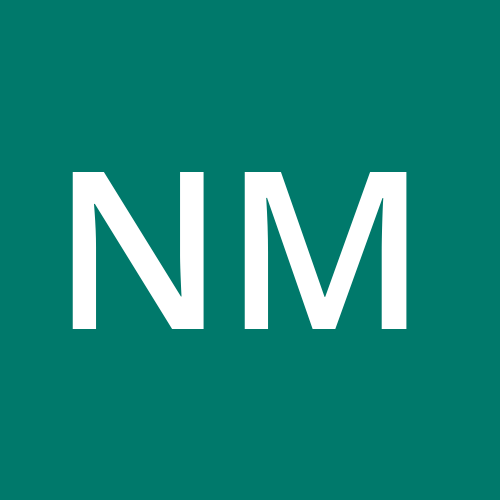A brief history of Programming
 Noel MJ
Noel MJTable of contents
The history of programming dates back to the early 1800s when mathematicians and engineers first began developing methods for inputting, storing and processing data. One such mathematician, Ada Lovelace, wrote the first algorithm intended to be processed by a machine. At the time, computers were large mechanical devices that used punch cards to input data and performed calculations.
Many other pioneers contributed to the programming field in the decades that followed. In the 1930s, mathematician and engineer Konrad Zuse developed the first programmable computer, the Z1. In the 1940s, John von Neumann and his team at the Institute for Advanced Study in Princeton, New Jersey, developed the first general-purpose electronic computer, the ENIAC.
The need for more efficient and effective programming methods became apparent as computers evolved. This led to the development of programming languages, which allowed for the creation of more complex and sophisticated programs.
The 1950s saw the development of many programming languages, including FORTRAN and COBOL. These languages made it easier for programmers to write instructions for computers to follow. The 1960s and 1970s saw the rise of high-level programming languages like BASIC and C, which allowed programmers to write more complex programs.
The personal computer revolution of the 1980s brought about the development of many popular programming languages, such as Pascal, C++, and Java. These languages are still widely used today and continue to evolve and improve.
In recent years, the programming field has expanded to include many technologies, including mobile devices, the Internet of Things (IoT), and artificial intelligence. The future of programming looks bright, with many exciting developments on the horizon.
As computers and technology continue to advance, programming will play a vital role in their development and use. The history of programming is a testament to the ingenuity and dedication of those who have dedicated their careers to improving and advancing this important field.
Subscribe to my newsletter
Read articles from Noel MJ directly inside your inbox. Subscribe to the newsletter, and don't miss out.
Written by
